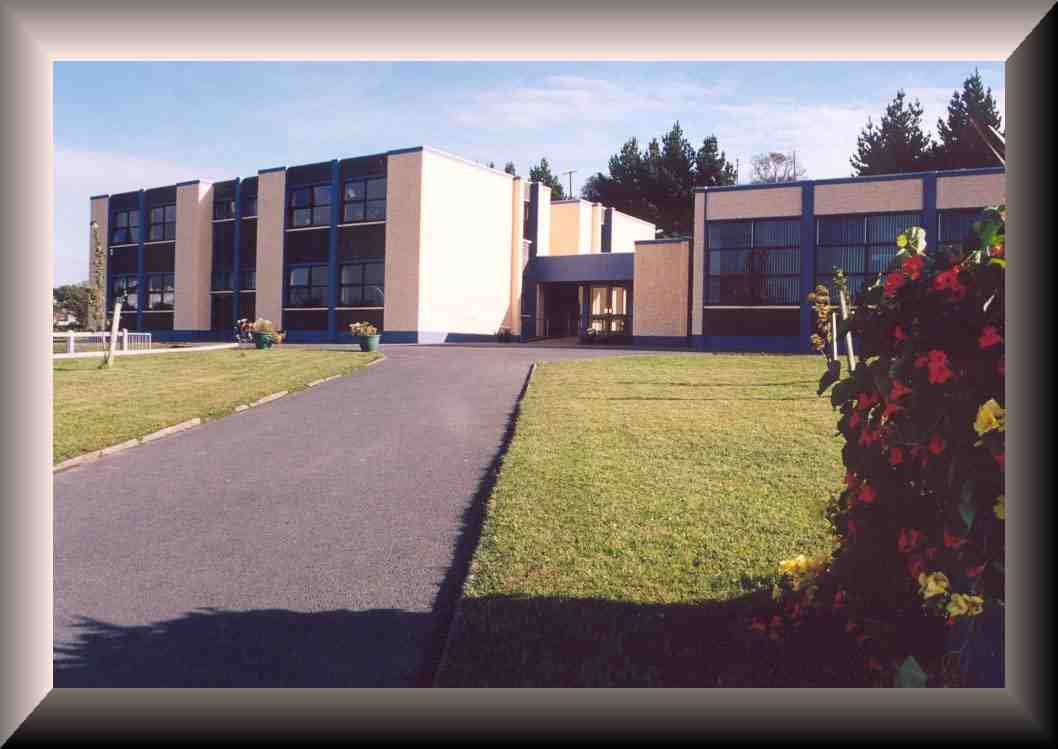 |
Holy Family National School,
Newport, Co. Mayo Phone 098-41442 E-Mail newportmayo.ias@eircom.net |
||||||||
|
Click here to download
|
Holy Family National School Policy on Equality of Opportunity for male and female staff and students
Equality of Access and Participation (Equal Opportunities) Aims: To ensure:
The purpose of this policy is: Rationale for this policy: Organisational Areas Staff: Our Board of Management is an equal opportunities employer, i.e. it does not discriminate against any application for a position (or continuation in employment, training opportunities, promotion etc.) in the school based on the nine grounds as set out in the Equal Status Act (age, member of Traveller community, sexual orientation, family status, marital status, disability, gender, religion, race). Procedures for promotional posts within the school are known to all (I.N.T.O. handbook/CD). The format as outlined in the CPSMA Board of Management for the advertisement and selection of staff is known and followed. Home/School Liaison: Where parents are separated or divorced, the procedure in our school is to report on pupil progress to both individually. For parents who may not be able to read, reports are given orally. On enrolment, and through meetings and circulars, the school communicates to parents (of differing race, nationality, religion, members of the Travelling community) the role of the school, the expectations of the school, the expected role of parents etc. Through two-way communication, the school tries to be aware of differing child-rearing practices and different expectations parents have for children. The teachers make non-national parents aware of language development, the need to continue speaking the child’s first language at home while at the same time assisting the child to learn the language of the school. Good Classroom Practice by Teachers in Our School: Tours and School-organised Events: Staff Development: Our teachers are aware of what equality involves, the principles of equality education, and the methodologies advocated for its success, by differentiating the curriculum etc. The teachers support each other by sharing information/material/resources, and by sourcing material from organisations that can offer support.Assessment: Assessments are equally suitable for all children in the school.Transition to Post-Primary: All pupils are encouraged to continue their education to post-primary level. There are school arrangements in place to assist successful transition to post-primary school. Mrs. Smith consults with Sixth Class Teacher to arrange preparatory talks for pupils about to graduate to secondary school.Curriculum: Success Criteria:
Roles and Responsibilities: |
||||||||